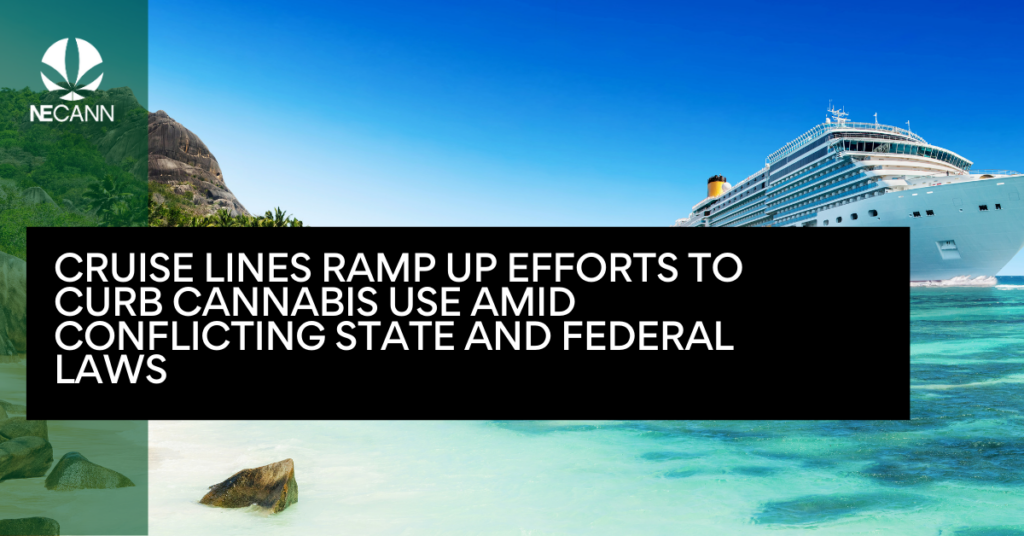Passenger cruise lines, including industry giants Carnival and Royal Caribbean, are intensifying measures to detect and deter cannabis use on their ships, reflecting the evolving legal landscape of marijuana in the United States. Despite the increasing legalization of cannabis in various states, cruise operators are adopting stricter policies, employing drug-sniffing dogs, and taking a hard line against both marijuana and even legal hemp-derived CBD products.
Cruise companies justify these actions by citing federal law and the illegality of marijuana in many ports they sail to, emphasizing their commitment to legal compliance and ensuring a comfortable experience for non-users. However, a recent Wall Street Journal report suggests that cruise lines may have an additional motive—financial gain.
The report speculates that by prohibiting cannabis on board, cruise lines may be aiming to boost alcohol sales, a significant revenue stream for these companies. Both Carnival and Royal Caribbean have policies against marijuana, encompassing medical or therapeutic use. Carnival, in particular, denies considering marijuana’s impact on alcohol sales in setting its policy.
Critics argue that these stringent measures may be unnecessarily harsh, particularly against passengers using hemp-derived CBD, which is legal at the federal level. The confusion surrounding the varying legal statuses of cannabis across jurisdictions has led to uneven enforcement, with some passengers facing consequences for possessing marijuana or CBD, while others manage to use them without repercussions.
Enforcement inconsistencies have sparked debate over the fairness of policies, with cruise lines grappling with the challenge of balancing legal compliance, customer satisfaction, and evolving attitudes toward cannabis. The issue has taken on global dimensions, with U.S. citizens facing legal consequences for cannabis possession in foreign countries.
The cruise industry’s response reflects the broader complexities surrounding marijuana laws in the U.S. and the potential for these conflicts to affect various sectors, including travel and tourism. As the federal government undergoes a historic rescheduling review, the debate over cannabis policies on cruise ships adds another layer to the ongoing dialogue around marijuana reform.
As the cannabis landscape continues to evolve, cruise lines find themselves navigating a delicate balance between legal compliance, customer experience, and potential financial motivations, raising questions about the future of marijuana policies within the travel industry.




